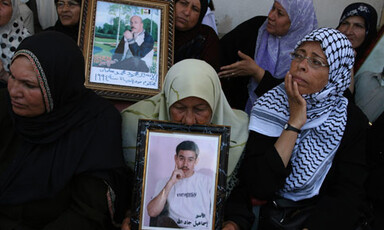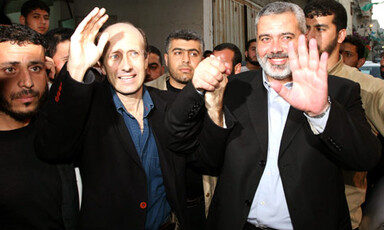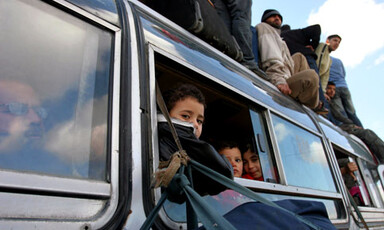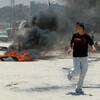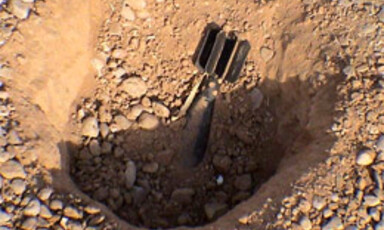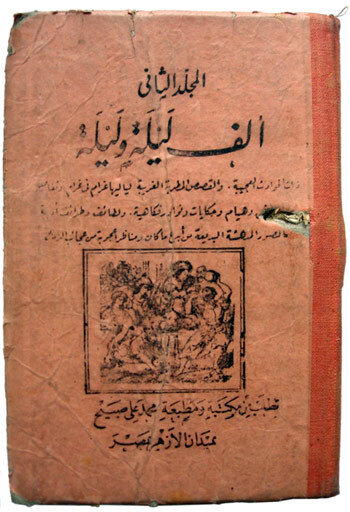
"Material for a film": A performance (Part 2)
16 July 2007
On Monday, 16 October 1972, Wael Zuaiter left Janet Venn-Brown’s apartment and headed to his apartment at no. 4 Piazza Annibaliano in Rome. He had been reading One Thousand and One Nights on Janet’s couch, searching for references to use in an article he was planning to write that evening. He took two buses to get from Venn-Brown’s place to his in northern Rome. Just as he reached the elevator inside the entrance to the building of the apartment block where he lived, Israeli assassins fired 12 bullets into his head and chest with .22 caliber pistols at close range. Read more about "Material for a film": A performance (Part 2)
